Dangote Refinery has announced that its plan to release Premium Motor Spirit (PMS) into the market this month, will no longer be possible, leading to diverse reactions from Nigerians.
The President of Dangote Group, Aliko Dangote, made this known during a facility tour with the Lagos State Governor, Babajide Sanwo-Olu, on Sunday. The petrol from the refinery, which has a capacity of 650,000 barrels per day, is now expected to be available in July.
Join our WhatsApp Channel“We had a bit of delay, but PMS will start coming out by 10 to 15 of July,” Dangote explained. “We want to keep it in the tank to make sure that it settles. So by the third week of July, we’ll be able to come out to take it into the market.”
The announcement has drawn varied reactions from Nigerians, who expressed both support and frustration. Anthony Ihenyen, a Facebook user, acknowledged the challenges of such a large investment. “You are trying, sir, and it will fly. We need more people like you to do more here in Nigeria, not abroad. Nobody is a saint,” he said.
READ ALSO: Dangote Refinery To List On Nigerian Stock Exchange, Eyes 500,000-barrel Production Capacity July
On the other hand, Emmanuel Ose voiced his concerns, saying, “Anything that will make an average Nigerian happy is always a problem to get in Nigeria.”
Adeola Orukotan questioned the decision to announce the refinery’s readiness prematurely. “When you know your refinery isn’t ready, why rush to declare it open? Now it’s over one year with story upon story,” Orukotan remarked.
Another perspective came from @ajagunsegun on X (formerly Twitter), who reflected on the broader issue of delays in Nigeria’s refinery operations. “Nigerians were told that the Dangote Refinery was due for operation when it was commissioned by Buhari in May 2023, but up until now, we’re still waiting. Dangote has the right to run his private business however he wishes. But what about the four Nigerian refineries? When President Tinubu came into power, he promised that the Port Harcourt refinery would begin operation by December last year. This is June 2024, and we’re still waiting.”
Some commenters showed an understanding of the complexities involved in refinery operations. Michael Chibuzo noted, “A refinery is not a barbecue business. It is complex. You have to pass a lot of tests and carry out many test runs. Commercial production is always the last stage of the entire process. Let’s be patient.”
@Selomsarl expressed appreciation for Dangote’s commitment to quality but raised pertinent questions about the impact of the refinery’s production. “Thank you for the update, Mr. Dangote. We appreciate your commitment to ensuring the quality of the petrol before releasing it into the market. Your dedication to producing high-quality products is commendable. How will the new refinery’s production affect the current fuel scarcity in the country? Will the petrol produced by the refinery be subsidised, or will it be sold at the current market price? How will the distribution of the petrol be handled to ensure it reaches all states and regions equally?”
Despite the mixed reactions, some, like Stanley Omoyemi, remain optimistic. “We are waiting patiently,” he said.
This update comes after Dangote’s recent statement at the Africa CEO Forum Annual Summit in Kigali, Rwanda, where he expressed confidence in ending petrol importation into Nigeria. “Right now, Nigeria has no cause to import anything apart from gasoline, and by sometime in June, within the next four or five weeks, Nigeria shouldn’t import anything like gasoline; not one drop of a litre,” Dangote declared.
He further added, “We have enough gasoline to give to at least the entire West Africa, diesel to give to West Africa and Central Africa. We have enough aviation fuel to give to the entire continent and also export some to Brazil and Mexico. We have started producing jet fuel, we are producing diesel, and by next month, we’ll be producing gasoline.”
The prospect of Dangote’s refinery becoming operational has generated hope among marketers and Nigerians alike, with expectations that it could reduce the price of petrol from around N700 to N500 or even lower.
Emmanuel Ochayi is a journalist. He is a graduate of the University of Lagos, School of first choice and the nations pride. Emmanuel is keen on exploring writing angles in different areas, including Business, climate change, politics, Education, and others.
- Emmanuel Ochayihttps://www.primebusiness.africa/author/ochayi/
- Emmanuel Ochayihttps://www.primebusiness.africa/author/ochayi/
- Emmanuel Ochayihttps://www.primebusiness.africa/author/ochayi/
- Emmanuel Ochayihttps://www.primebusiness.africa/author/ochayi/

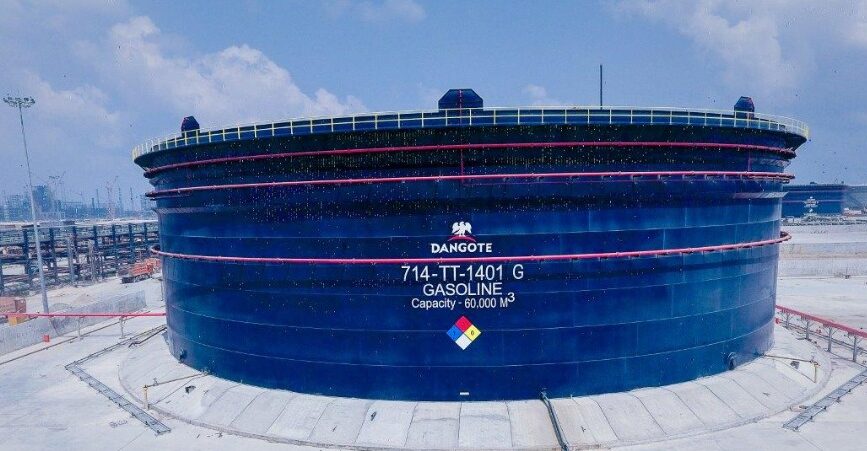





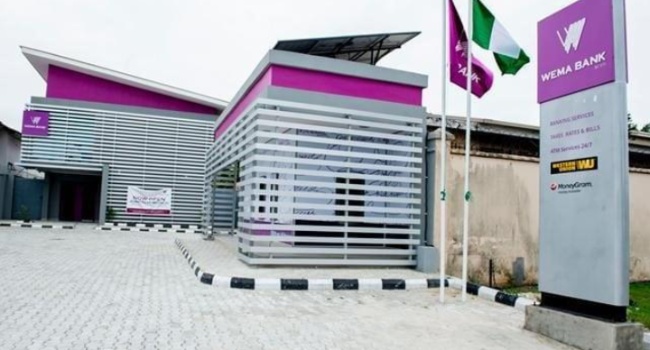
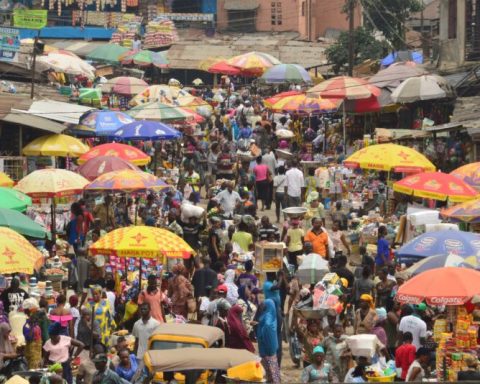








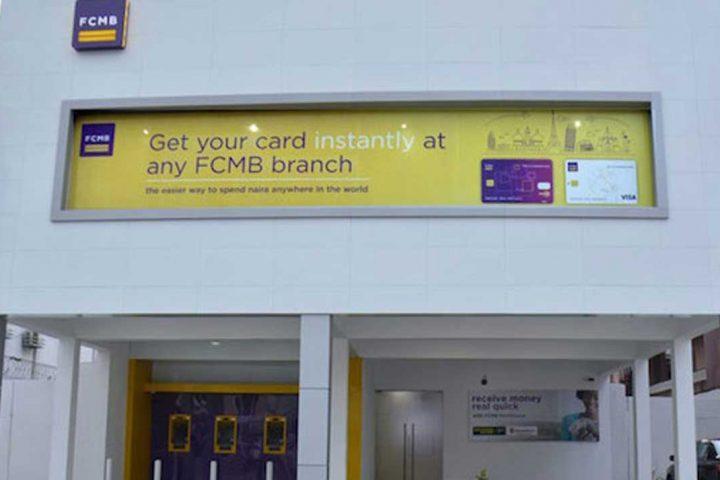
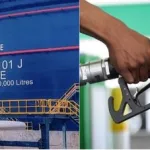
Follow Us